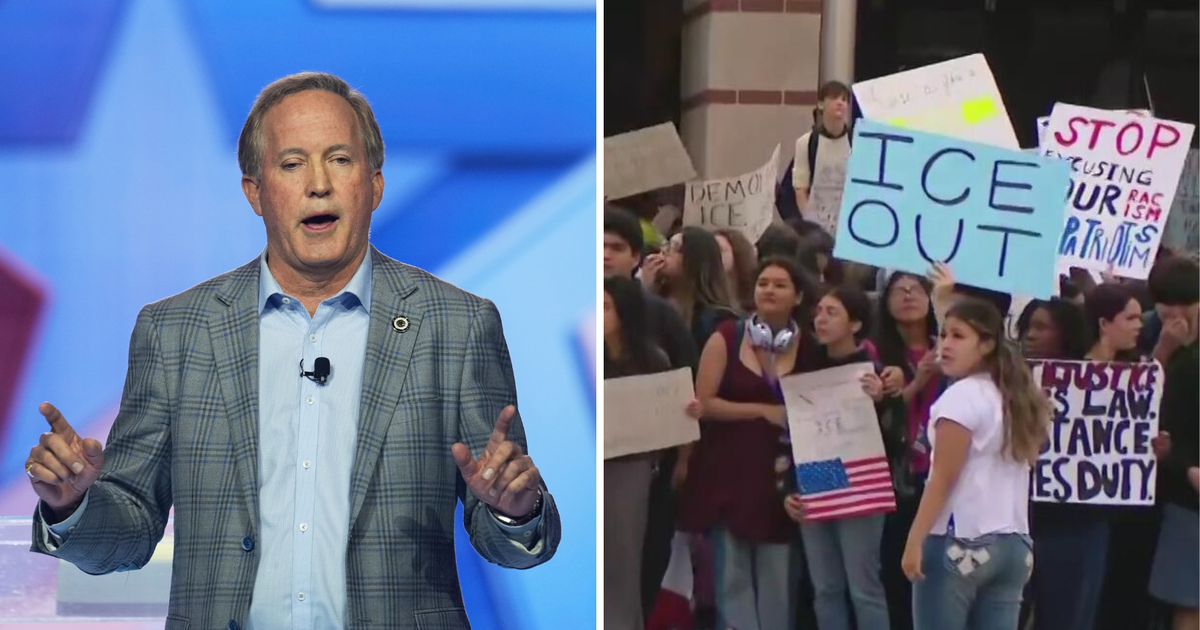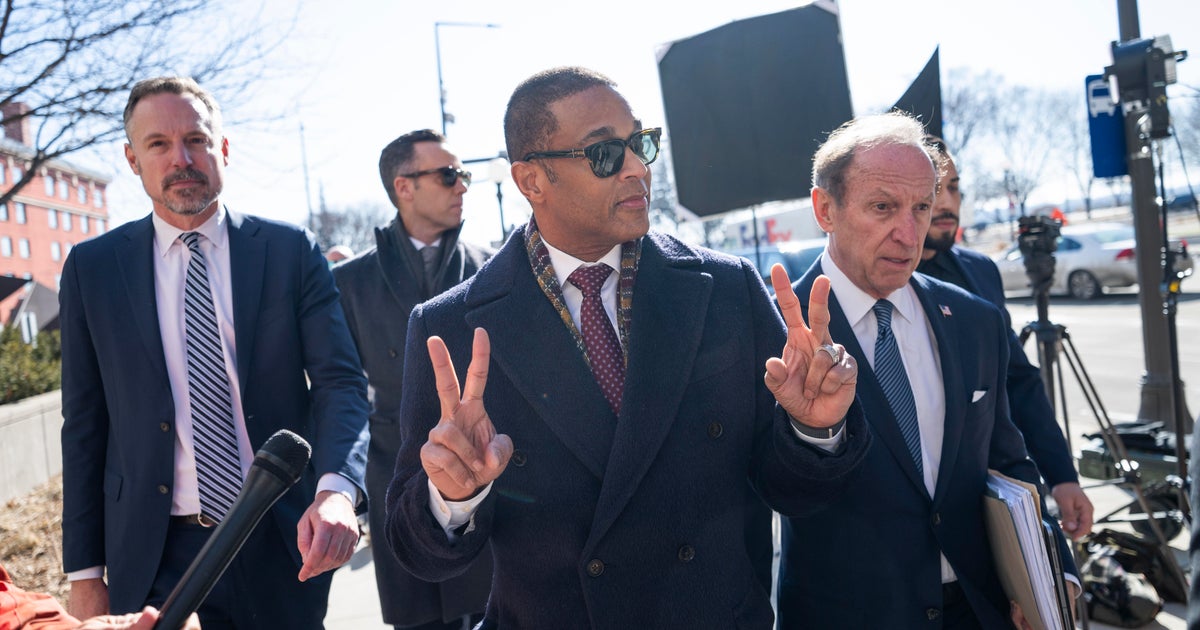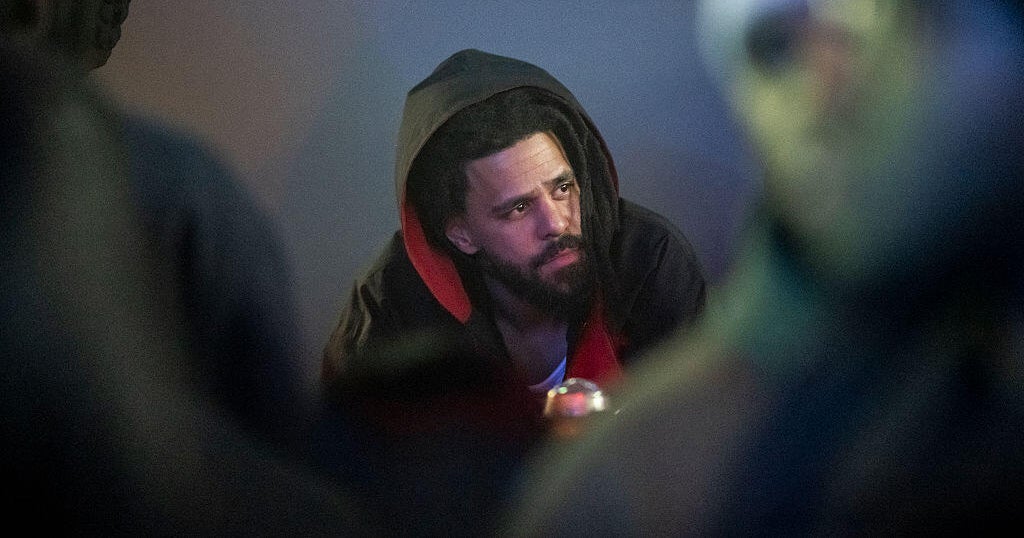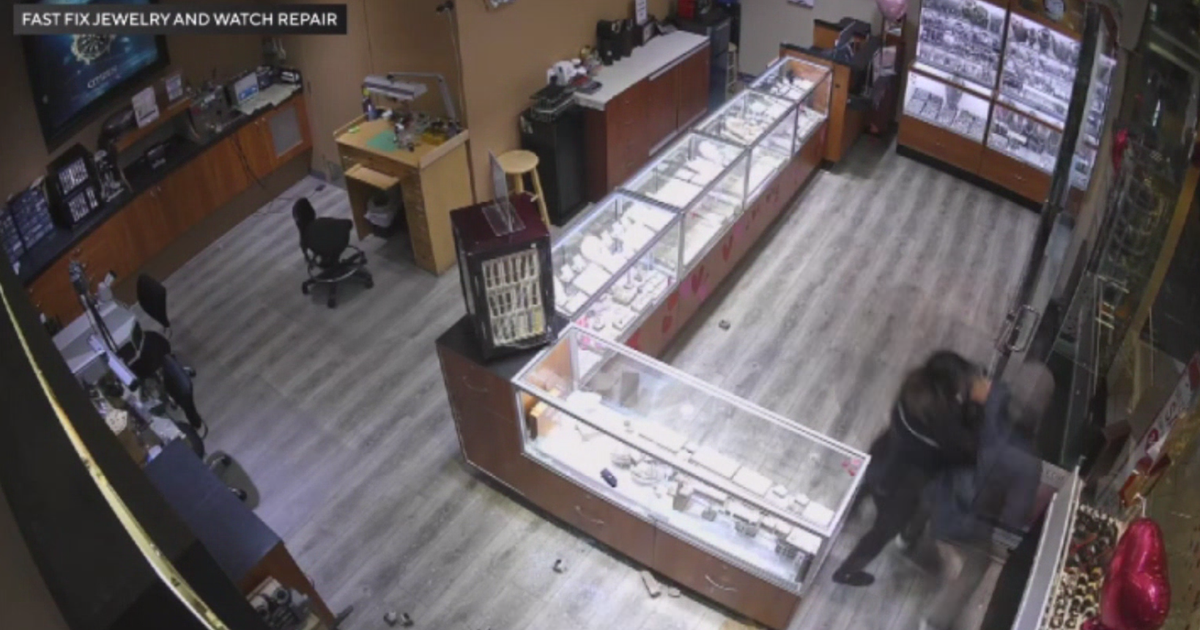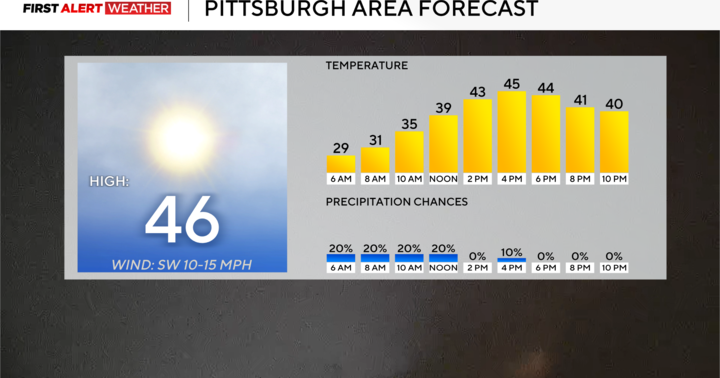Protests For $15 Wages Set To Expand Wednesday
Follow CBSDFW.COM: Facebook | Twitter
NEW YORK (AP) — The fight to redefine a McJob is heating up.
Protests for pay of $15 an hour and a union for fast-food and other low-wage workers are set to take place around the country Wednesday, marking the biggest effort yet in an ongoing campaign by labor organizers.
The push comes just two weeks after McDonald's announced a pay bump for workers at its company-owned stores, suggesting the chain is trying to take control of its image as an employer.
The Fight for $15 campaign is being spearheaded by the Service Employees International Union and began in late 2012 with fast-food workers. Since then, organizers have used the spotlight to rally a variety of low-wage workers, including airport workers and home care workers. On Wednesday, adjunct professors will be the latest to join in the demonstrations, which organizers say are planned for more than 230 U.S. cities and college campuses.
Kendall Fells, organizing director for Fight for $15, said McDonald's will remain a focus of the protests because of its size and power to influence other employers. He dismissed the company's pay bump as insignificant, but said it shows fast-food workers already have a de facto union.
"They were able to force the hand of McDonald's," Fells said. "They're on the defensive, and workers are on the offensive. It shows the workers are winning."
The first national pay policy announced by McDonald's earlier this month includes a starting salary that's $1 above the local minimum wage, as well as the ability to accrue paid time off. It only applies to workers at company-owned stores, however, which account for about 10 percent of more than 14,300 locations. That means McDonald's is digging in its heels over a central issue for labor organizers: Whether it has the power to set wages at its franchised restaurants.
McDonald's, Burger King and Wendy's say they don't control the employment decisions at franchised restaurants. That has long been seen as a roadblock to unionization, since organizers would have to negotiate with thousands of smaller employers, rather than a single company.
As part of the Fight for $15 push, the SEIU is working on multiple legal fronts to change that and get McDonald's recognized as a joint employer at franchised restaurants. Last month, the National Labor Relations Board began a hearing on a case that names McDonald's and franchisees as joint employers in complaints over labor law violations.
The case is expected to be a lengthy legal battle, with the hearing set to resume on May 26.
In an emailed statement, McDonald's said it respects the right to "peacefully protest" and that its restaurants will remain open Wednesday. In the past, it said only about 10 to 15 McDonald's workers out of about 800,000 have participated.
The statement also echoed a recent column by McDonald's CEO Steve Easterbrook in The Chicago Tribune, which described the pay hike and other perks as "an initial step." Easterbrook said he wants to transform McDonald's into a "modern, progressive burger company."
That transformation will have to take place as labor organizers continue rallying public support for low-wage workers. Ahead of the protests this week, for instance, a study funded by the SEIU found working families rely on $153 billion in public assistance a year as a result of their low wages.
Already, organizers say the Fight for $15 is changing the way people think about low-wage work.
Last year, more than a dozen states and multiple cities raised their minimum wages, according to the National Employment Law Project. Wal-Mart Stores Inc., which has also been targeted with protests for higher wages and better treatment for workers, also recently announced pay hikes. And Fells, the Fight for $15 organizing director, said the campaign has been instrumental in helping SEIU workers negotiate higher pay.
Robert Reich, former Labor Secretary and a professor of public policy at the University of California, Berkeley, said stagnating wages for lower-income workers are helping change negative attitudes about unions as well.
"People are beginning to wonder if they'd be better off with bargaining power," Reich said.
(© Copyright 2015 The Associated Press. All Rights Reserved. This material may not be published, broadcast, rewritten or redistributed.)

